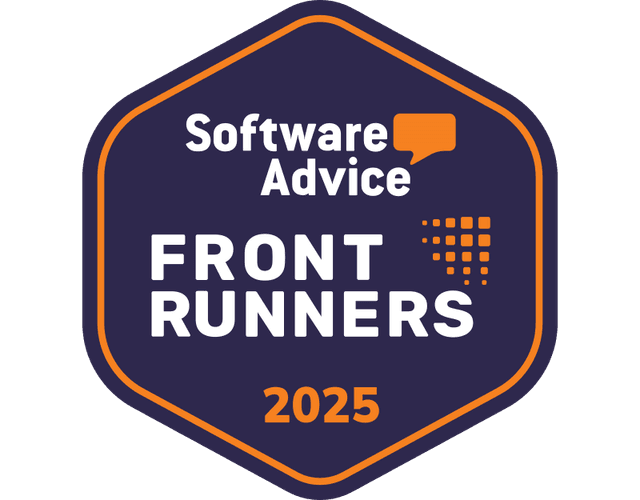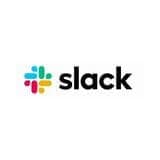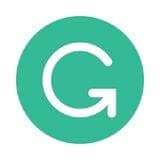Why use SafetyCulture?
SafetyCulture a mobile-first all-in-one platform that you can use to increase and maintain productivity in any workplace and industry. Create a checklist with SafetyCulture to manage tasks, track their status and completion, and if they meet your company’s quality standards. Alternatively, you can use a premade checklist template from the Library to help you save time.
Afterward, you can store all your checklists, newly made and completed, in the cloud for easy access anytime and anywhere, as is available on the web and mobile. This allows you to save time from sorting through paper trails and instead use your time for other tasks, empowering you and your staff to create more high-quality work more efficiently.
The app also works with Training by SafetyCulture, a learning management system you can use to improve productivity.
Features:
Automate problem-solving practices by raising Issues in-app and assigning Actions to them to address them
Improve communication among team members by raising Heads Up announcements
Access checklists quickly by creating and using QR codes to get started on accomplishing checklists
Integrate SafetyCulturewith other workflow and productivity tools such as Microsoft Excel, Power BI , Okta, Zapier, Tableau , and more












